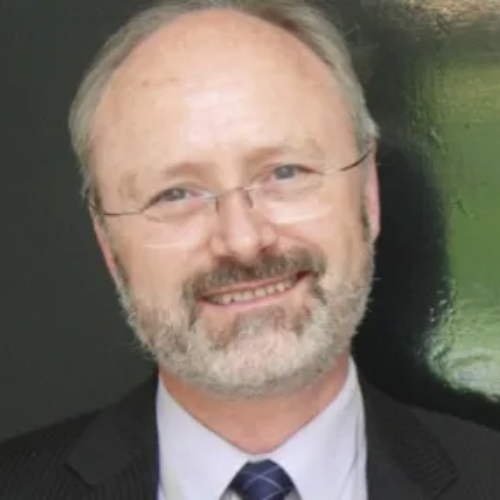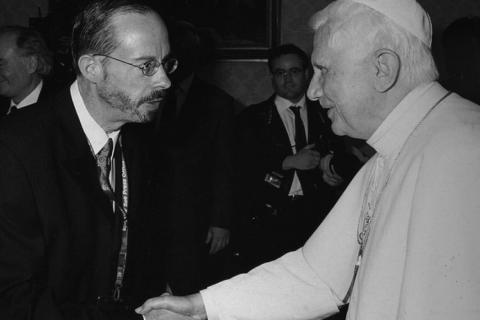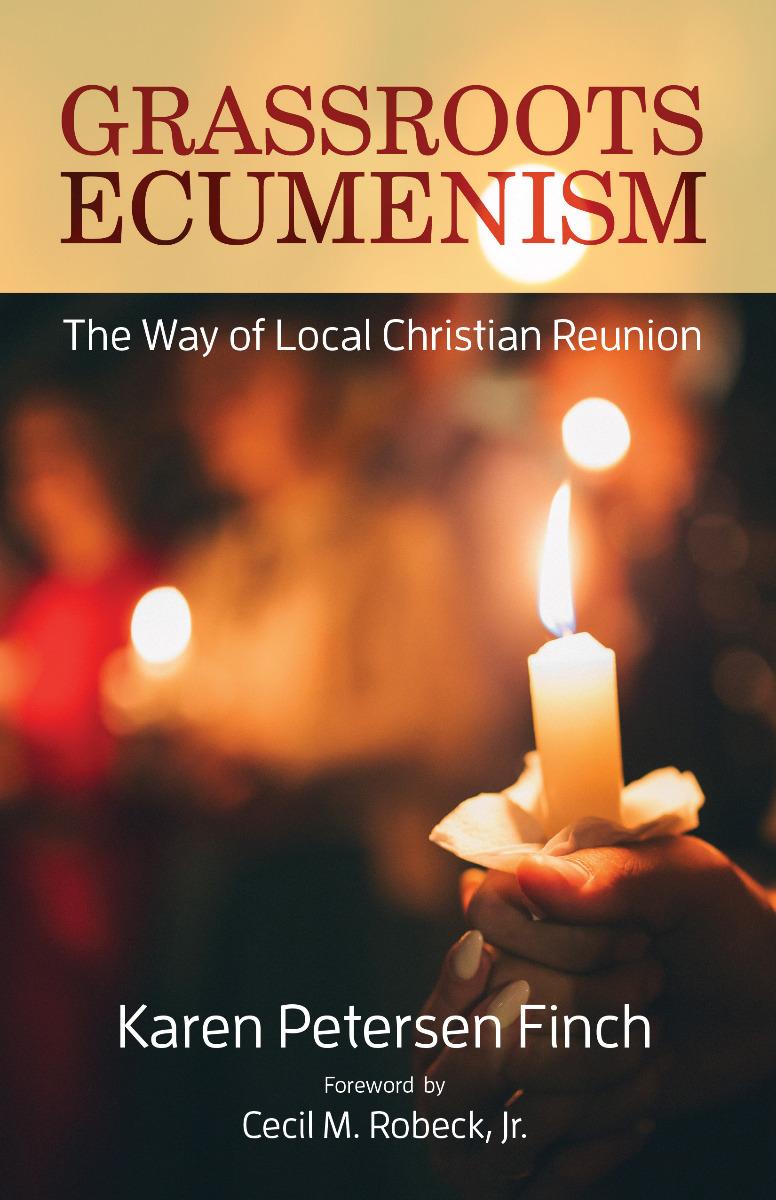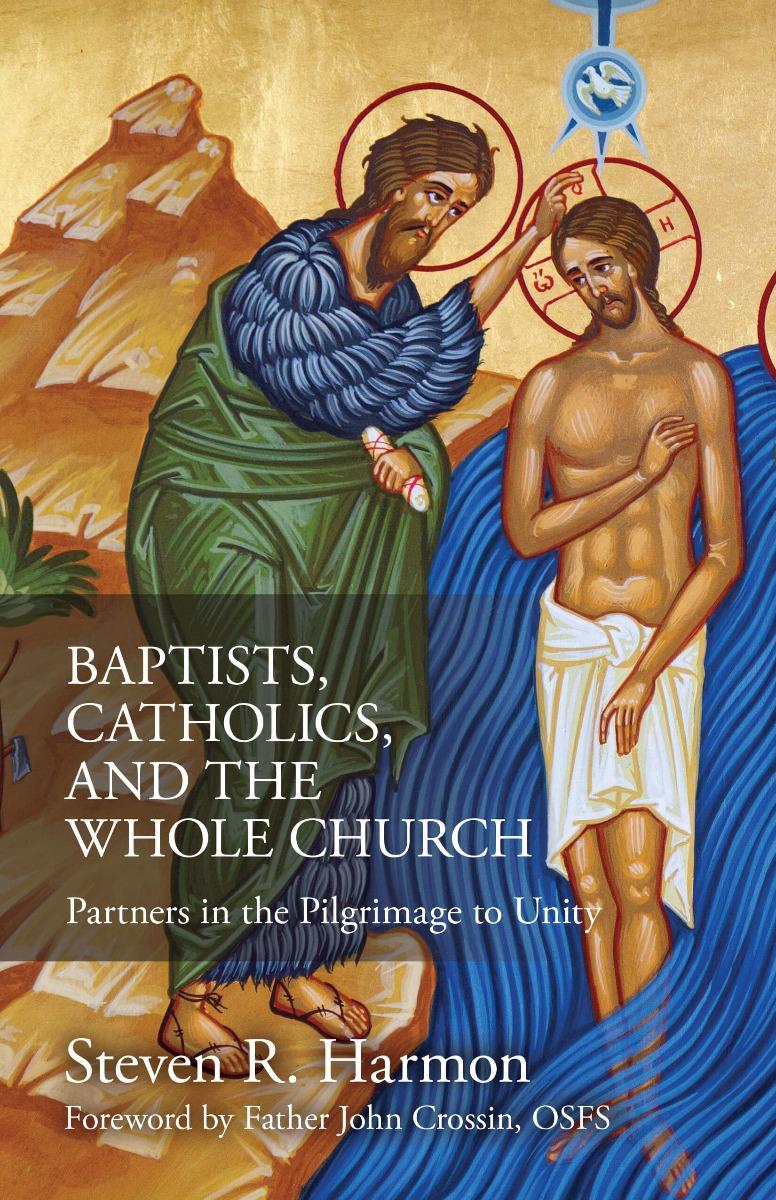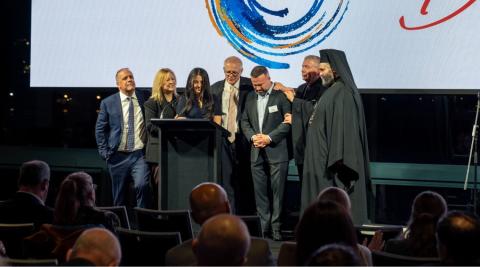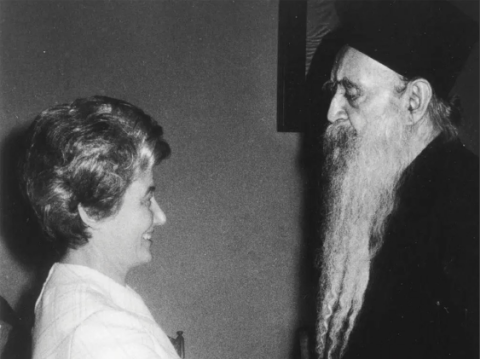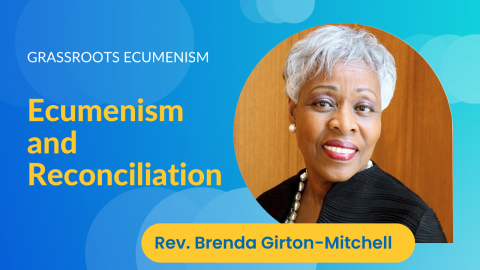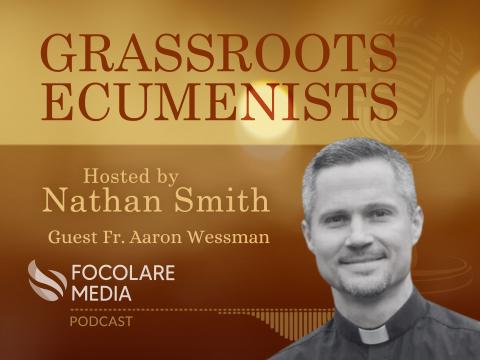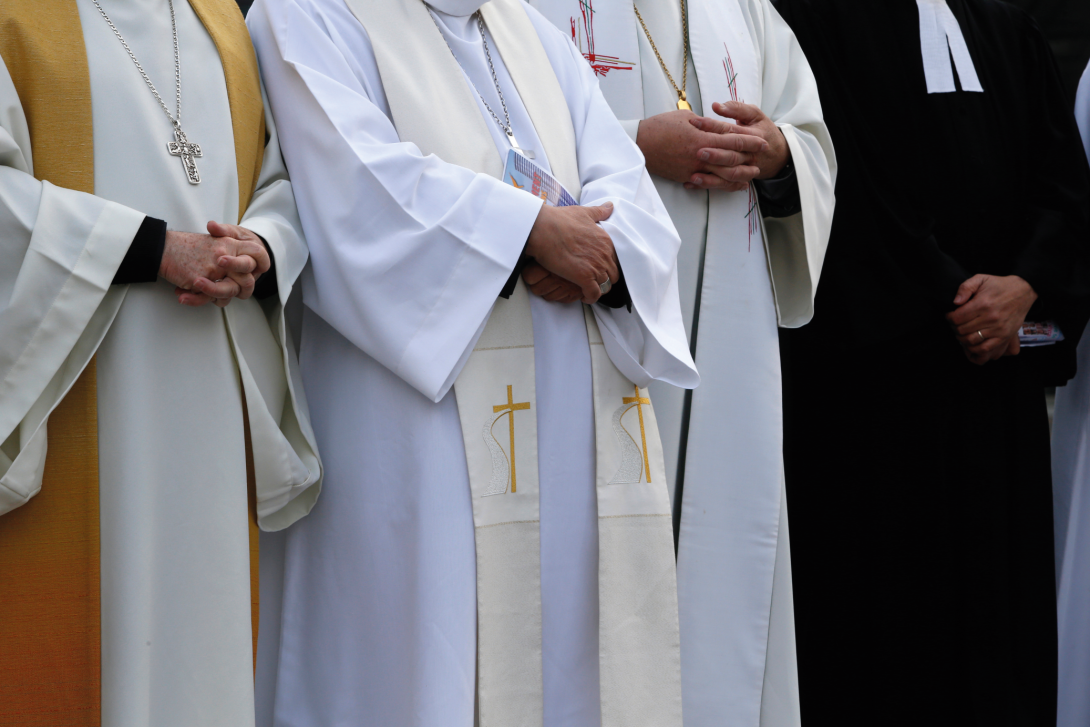
Photo by Julian | stock.adobe.com
Ecumenism, the search for Christian unity, for me is both intensely personal and a source of hope for the world, which, as I see it, is currently slipping into darker days. I hope that the darkness is, however, in the words of Spanish philosopher Maria Zambrano, “the shadow of one who is coming.”
It is a world in dissolution preparing the way for a fresh, new version of itself. Christian unity is key to that. I shall speak personally first as this, I think, explains why.
My journey to working for Christian unity began with some questions that, at first glance, may seem to have little to do with it. As a young teenager I wondered about truth; I wanted to know how to understand reality, to have some insight into what was really going on.
My questions were framed like this: First, what do I know exists? After all, I could be locked in an illusion. I came to the conclusion that for me to be asking the question meant that at least I exist—no me, no question.
Second, if I exist, then what do I want? Here it seemed to me obvious that I want to be happy.
Third, if I want to be happy, then how do I achieve that? I thought of my experience and answered that I was happy when I love other people.
After that I began a long process of testing out theories, trying to be happy, trying to love more deeply. The process went through not believing in God to finding the wonderful truth of his existence and through discovering a great deal more about the world’s religions.
Then I had a living meeting with Jesus, who I found among people practicing the spirituality of unity in the Focolare Movement. I understood that Jesus is the truth, and all the true things I had found up until then were in him.
The question then was: how do I discover more of Jesus? Jesus comes to us in the community, among people today. This community presents afresh to us the experience of God revealed in the Scriptures, the experience of the people of Israel culminating in the presence in history of the God-made-human.
But the community is divided. Where then is Jesus to be found?
I began by thinking that I had to find the “true Church.” It would take too long to go through everything that happened before I understood God to be telling me that there is only one mystical body of Christ, and the many “churches” are part of that.
For me to know Jesus, therefore, meant first of all a real, felt, personal openness to him deep within me, and deep within the community of people who love one another, where he is in their midst (Mt 18:20).
And then, to understand him as fully as I am able, I had to appreciate everything that can be found of him in the different parts of his one, mystical body—in all the churches of the one Church.
Ecumenism, the love for all the churches, is fundamentally about spiritual health, about receiving the fullness of God’s work among those who have accepted his call to them, the call that brings them into the family formed by Jesus (explicitly among Christians but reaching out to all God’s beloved children of any faith or none).
I long for the day when all the churches discover the beauty of one another. When they do, then by an irresistible force they will feel compelled to join with one another, bringing back the broken family into one—gifted, incredibly diverse, creative.
That one Church, preserving the many gifts God has poured upon the separated traditions across the centuries, will then be fit to serve the world.
As it is, we are not up to the job. We give a poor impression of who Jesus is. No wonder that so many of our churches, especially in the developed world so long the heartland of Christianity, are failing.
The world needs the very Jesus we deny it access to. He is the one who could heal the divisions that lead to war, who could teach us to care for the planet (his creation, after all), who could soften our hearts to irradicate poverty.
Christian unity means a Church that is fit for purpose, one that has the light to understand the way through the moral mazes that baffle humanity, one that in the power of the Spirit embraces the world into the heart of God.


